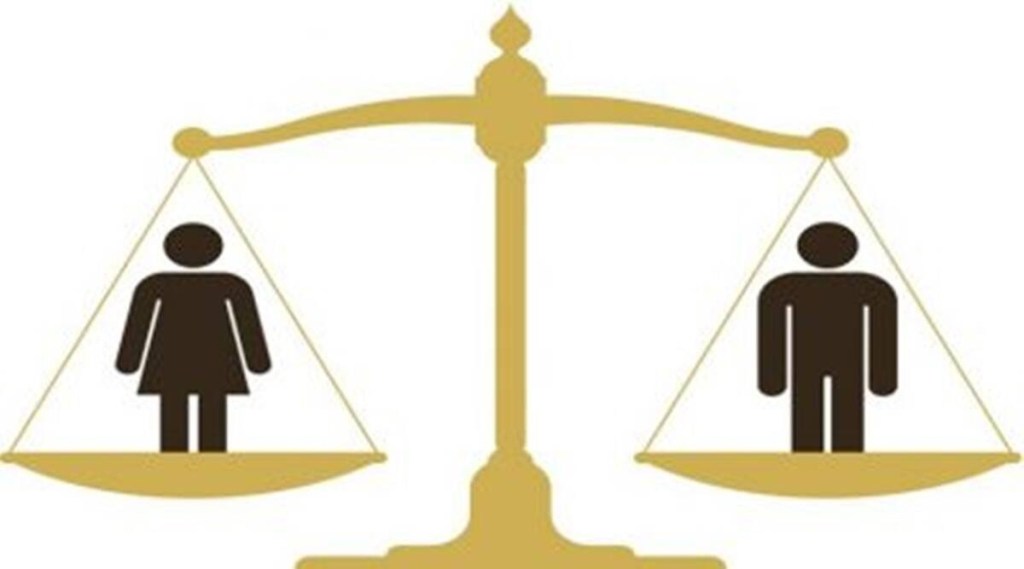By Pallavi Singh,
With recent data collated by the UN, it is evident that without gender equality today, a sustainable tomorrow is not possible. According to the World Bank’s Women, Business, and the Law 2022 report, in today’s day and age, 178 countries maintain legal barriers that prevent complete economic participation and approximately 2.4 billion women of working age are not afforded equal economic opportunity. Job restrictions and equal pay for equal work is still not an established concept in more than 85 countries.
Given the urgency of climate change due to global warming and the depletion of natural resources, it is impossible to build a sustainable tomorrow without including half the world’s population. In a lot of countries, women are responsible for sourcing food, water, and fuel, which are essential means to a being’s living.
Equal footing needs to be provided not only in job opportunities but also on the home front. This means a holistic view of the family, where child rearing is not only the mother’s responsibility but also the father’s, so that women can participate equally in the socio-economic development of their society. In a lot of countries, paid maternity leave still stands at only about 12–14 weeks, whereas paid paternity leave is next to none in most.
With the global pandemic, the burden of unpaid care work has increased significantly, more so because of everyone working from home, and since nearly 60 percent of women work in the informal economy, the risk of them falling below the poverty line is high. Cognizant to this, more than 100 countries have taken action to track budget allocations for gender equality. In its recent budget, India has announced various women-linked schemes to promote women led businesses, which is a strong step towards gender equality.
However, this pandemic could very well reverse some degree of progress that has been made on gender equality, especially in developing countries like ours. It is pertinent to note that, should women be pulled out of the equation, there would be a complete lapse in the economy. Gender equality should no longer be an issue for discussion, but rather be a given. There are hardly any roles that can be performed only by men, and not to say they are not hard workers or any less than the opposite gender, but rewarding each equally would benefit society as a whole.
Ensuring the active and equal participation of women and providing them with equal opportunities could very well lead to a better world and a better tomorrow.
(The author is Vice President, Super Plastronics PVT LTD (SPPL), India brand licensee of Westinghouse TV. Views expressed are personal and do not reflect the official position or policy of the Financial Express Online.)

